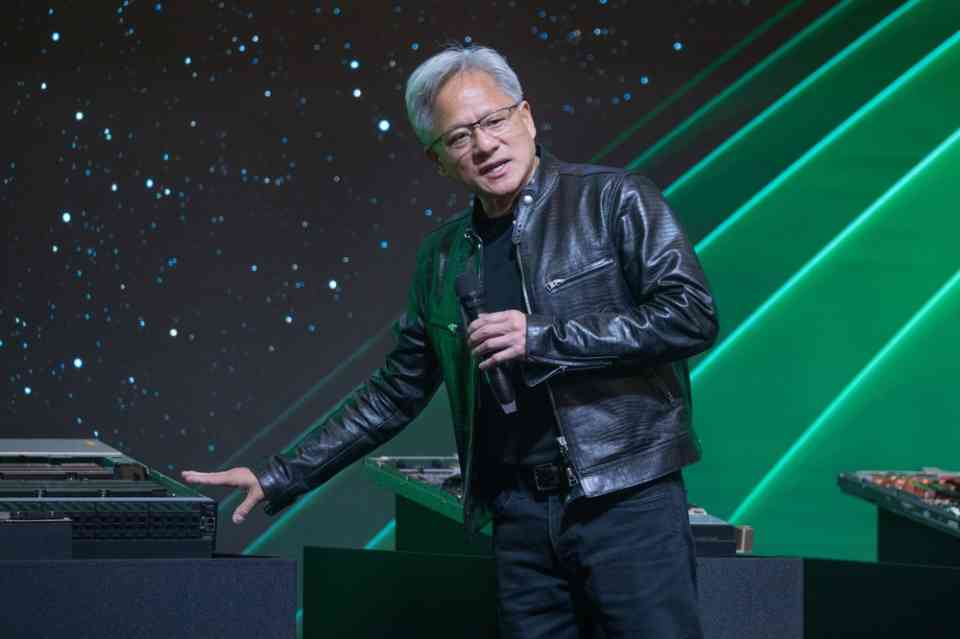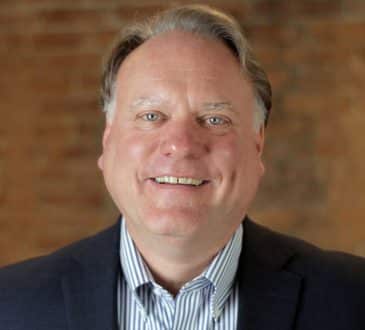How Nvidia CEO Jensen Huang Avoids $8 Billion in Estate Taxes

Jensen Huang, the 61-year-old co-founder and CEO of Nvidia, ranks as the 10th wealthiest individual in the United States, with a staggering net worth of $127 billion. While estates of this magnitude are typically subject to a 40% federal estate tax—potentially surpassing $50 billion—Huang’s carefully designed financial strategies are expected to minimize his tax liability significantly, reportedly saving him around $8 billion. This estimate, based on securities and tax filings, highlights how ultra-wealthy individuals employ sophisticated tactics to preserve their wealth.
Huang’s approach is part of a broader pattern among billionaires who utilize legal tools to avoid estate taxes. Originally introduced in 1916 to curb inherited wealth, the estate tax has lost much of its effectiveness due to legislative changes and the creative use of tax loopholes. By 2022, it contributed minimally to federal tax revenue. Analysts have speculated that if the tax had kept pace with the growth in wealth among the richest Americans, it could have generated $120 billion in revenue last year; instead, it brought in only a fraction of that amount.
Tax experts have pointed to the scale of wealth passed on tax-free each year. Daniel Hemel, a tax law professor at NYU, estimated that approximately $200 billion annually bypasses estate taxes through trusts and strategic financial planning. These methods, Hemel noted, are not merely clever tricks but are often recommended by highly paid legal and financial advisors who exploit complex tax codes, court rulings, and IRS guidelines.
Jack Bogdanski, a professor at Lewis & Clark Law School, remarked that an entire industry of highly skilled professionals charging exorbitant fees works relentlessly to devise ways for wealthy individuals to avoid estate taxes.
Huang’s Estate Tax Strategy
Huang’s tax planning has drawn significant attention due to its effectiveness. In 2012, he established an irrevocable trust containing 584,000 Nvidia shares, valued at $7 million at the time. This was part of a tax planning strategy known as “I Dig It,” a method first validated by the IRS in 1995. Such trusts enable assets to appreciate after their transfer without being subjected to estate or gift taxes.
Experts have praised Huang’s foresight. Jonathan Blattmachr, a lawyer specializing in trusts and estates, described his approach as a “grand slam” in estate-tax planning, commending its remarkable efficiency. By 2023, the holdings in Huang’s trust had skyrocketed to over $3 billion in value. Without this strategy, his heirs would have faced a tax bill exceeding $1 billion.
Charitable Contributions and Wealth Management
Huang has also leveraged his charitable foundation, the Jen Hsun & Lori Huang Foundation, by donating substantial amounts of Nvidia shares. Charitable contributions provide additional tax benefits while allowing individuals to support philanthropic causes.
The Broader Context of Estate Tax Avoidance
Huang’s use of trusts is emblematic of how the ultra-wealthy reduce tax burdens. These strategies reveal a broader issue with the U.S. estate tax system, which has struggled to capture significant revenue from the country’s richest individuals.
As experts continue to debate the ethics and effectiveness of these tax strategies, the case of Jensen Huang highlights the complex interplay between wealth, taxation, and financial planning in today’s economy.
Have you read?
Countries Most in Debt to the International Monetary Fund (IMF).
Most Successful Unicorn Startups.
$100 Billion Club: Richest People With The 12-Figure Fortunes.
Largest electricity consumers in the world, by country (in terawatt-hours).
Countries that Export the Most Goods and Services.
Bring the best of the CEOWORLD magazine's global journalism to audiences in the United States and around the world. - Add CEOWORLD magazine to your Google News feed.
Follow CEOWORLD magazine headlines on: Google News, LinkedIn, Twitter, and Facebook.
Copyright 2025 The CEOWORLD magazine. All rights reserved. This material (and any extract from it) must not be copied, redistributed or placed on any website, without CEOWORLD magazine' prior written consent. For media queries, please contact: info@ceoworld.biz








